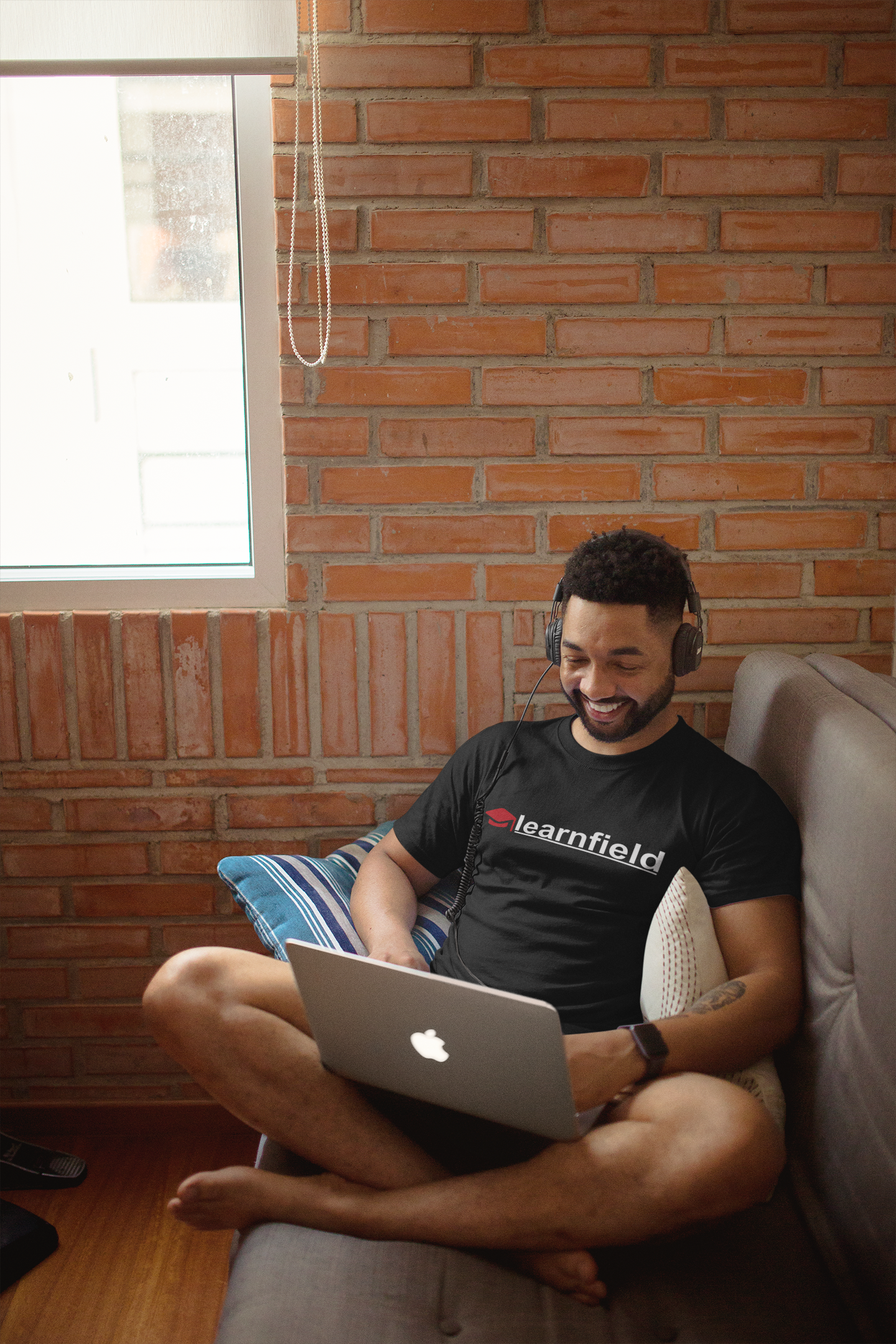
Student Visa Support
We provide support for Student Visa Applications for Non-European students
Help with study visas for the UK
We provide support for Student Visa applications for Non-European students. We will provide you with all the help you need through the process of your Student Visa Application. Based on our many years of experience in handling student visa applications, we guarantee that your student visa application will be swift and successful.
NB: EU students do not need a student visa to study anywhere in Europe.

visas
UK study visas
The majority of non-EEA nationals will require a Tier 4 (General) student visa in order to study in the UK. The EEA includes the European Union countries, plus Iceland, Liechtenstein and Norway.
To study in the UK, you'll also need a Confirmation of Acceptance for Studies (CAS) statement. Learnfield will produce and send this to you once you hold an unconditional offer, and have sent us your signed acceptance forms and deposit. Visas can take up to 30 days to come through, so it is recommended you apply as soon as you have received your offer.

UK visas
Visa requirements
Once you’ve applied for your course, you'll need to start thinking about applying for your visa, if you require one to study in the UK. Our experienced staff is here to help you understand visa requirements.
This information is based on the latest information available. But please note, the United Kingdom Visa and Immigration (UKVI) update their guidance and their website frequently and without notice. You should always check with UK Visas and Immigration for the latest information.
You’ll generally need a visa if you (or your family) are nationals of a country outside the European Economic Area (EEA) or Switzerland. This visa is called ‘entry clearance’ because it gives you permission to enter the UK.
Note*: You can check your status to see whether you need a visa on the Government UK Visas and Immigration (UKVI) website.
STUDENT VISAS
The types of visas that are suitable for the UK are:

Tier 4 General Student Visa
- Tier 4 General Student Visa (T4Gen) – check visa maintenance requirements
- Short-term Study Visa (STSV) – 6-month or 11 month
- Electronic Visa Waiver (EVW) – 6 months study or less, and conditions apply – check if you are eligible
- Students must not travel to the UK on a General Visitor Visa if they intend to study any Learnfield course, as these visas are not designed for studying in the UK
How do I apply for a visa?
We recommend you read the latest UK visa guidance for details of the application process. You'll need to pay the Immigration Health Surcharge as part of the application process. Check how much you'll need to pay.
Applying from within the UK
If you’re already in the UK, you can only extend your existing visa or switch over to a Tier 4 (General) Student Visa in certain circumstances. See if you are eligible to extend or switch your visa in the UK.
You won’t be able to extend your visa or switch to a Tier 4 visa from within the UK if you’re already studying on a Short Term Study Visa.
Applying from North Korea
If you live in North Korea, you will need to download the form and appendix. We also recommend reading the instructions on how to apply.
Will I get a refund if my visa is refused?
Yes. If your visa is refused, our partner universities will refund 100% of your tuition fees, provided Learnfield receives evidence of the refusal no later than two weeks after the proposed course start date (or one week for General English, English for University Study, and Pre-Sessional English courses).
If you’ve got any further questions about your visa application, please contact our friendly Visa Support Services team at admissions@learnfield.co.uk
If you’ve got questions about English tests, please contact our dedicated SELT advice team at support@learnfield.co.uk
European citizens
The EEA includes the European Union countries, plus Iceland, Liechtenstein and Norway

European Economic Area (EEA)
Students who hold a passport issued by a country within the European Economic Area (EEA) and Switzerland do not need a visa to travel to the UK or study here.
For these students, we will issue letters confirming the course and accommodation once the fees have been paid. Students will need to bring these letters with them to the center along with original copies of any documents they have used to prove they have met the Learnfield Centre's entry requirements.
What’s the Immigration Health Surcharge?
You may need to pay a healthcare surcharge (the 'Immigration Health Surcharge' or IHS) as part of your immigration application. The cost varies depending on your circumstances so we recommend you check how much you’ll need to pay using the UKVI calculator tool.
If you're applying online or through the premium service centre, you'll pay the IHS as part of your application or when you book an appointment.
If you're applying by post, you’ll need to pay the IHS online before you send your application. You'll need to include the IHS reference number on your application form.
You'll then be able to use the National Health Service (NHS). Remember, you'll still need to pay for certain types of services, such as prescriptions, dental treatment and eye tests.
You don't have to pay the IHS if you're applying from outside the UK for a visitor visa or any visa that lasts six months or less. This means you don't need to use the healthcare surcharge service or get an IHS reference number for your visa application. Instead, you'll have to pay for any healthcare you get through the NHS at the point you use it.
What documents do I need when I apply for my visa?
You’ll need to have your Confirmation of Acceptance of Studies (CAS) with you before you apply for a visa. You’ll be sent your CAS once you have an unconditional offer to study, have paid your deposit to ILES, and have met any other conditions.
You’ll also need:
- a current passport or other valid travel documentation with at least one page in your passport that is blank on both sides for your visa
- one passport-sized colour photograph with your name written on the reverse side
- proof you can support yourself financially and pay for your course
- proof of parental or other legal guardian consent if you’re under 18
- your tuberculosis test results, if you’re from a country where you have to take the test
You may be asked to provide additional documents depending on your individual circumstances. Supporting documents are usually returned within 14 days.
What are the UK Visa regulations?
You’ll need to meet British immigration requirements. And, if you’re studying for more than six months, you’ll be required to have entry clearance as a student. Please be aware that you won’t be able to change from a visitor visa to a student visa from within the UK.
If you’re a student from China, you can find information and advice on visas on the British Embassy website. The UK visas website will help answer some of your initial questions, and you can also find information and advice on entry clearance and visas on the UKCISA website.
What knowledge of English will I need?
You’ll need to prove your knowledge of the English language when you apply. This usually means passing a Secure English Language Test (SELT).
- Higher education institution (HEI) at degree level or above: You’ll need to be able to read, write, listen and speak English (Equivalent to CEFR/Common European Framework for languages level B2)
- Institution that's not HEI at degree level or above: You’ll need SELT level B2 in reading, writing, listening and speaking
- Any institution below degree level: You’ll need SELT level B1 in reading, writing, listening and speaking
Applicants to any of our courses at below-degree level will always need to pass a SELT test at the appropriate level, and include this as part of their visa application. Your test also needs to be from an approved provider. You'll need to check the entry requirements for your specific course page.
We provide support for Student Visa applications for Non-European students
-
Do I need a visa?
You won’t need a visa to study in the UK if you are a:
- European Economic Area (EEA) or Swiss national
- Non-Visa nationals on a course lasting less than 6 months
- Holder of 'alternative visas' or 'leave to remain', where there are no time limits on the permissions to stay
- European Economic Area (EEA) or Swiss national
-
When should I apply for a visa?
Once you’ve received your Confirmation of Acceptance of Studies (CAS), you can apply for your visa. You can apply three months before the start of your course. Visas can take up to 30 days to come through, so it is recommended you apply as soon as you have received your offer.
-
What type of visa should I apply for?
The main type of visa our international students apply for is a Tier 4 (General) Student Visa. However, if you’re studying in the UK for six months or less, you may be eligible to apply for a Short-term Study Visa instead.

Student Visa Application
We will provide you with all the help you need through the process of your Student Visa Application. Based on our many years of experience in handling student visa applications, we guarantee that your student visa application will be swift and successful.

Making Early Application
We offer advice and counseling to help you choose the right course, at the right university and are then responsible for guiding you through the entire application process, from making an application to accepting an offer of place. We also provide free assistance with practicalities including student accommodation and student visas.
